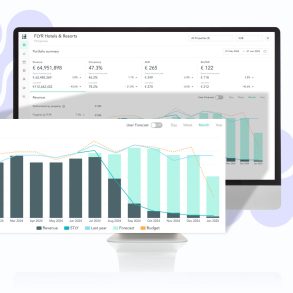Employees Share Pay Information, Pointing to Disparity in AI Engineers and Other Divisions
Recent revelations about Microsoft’s compensation structure have drawn attention to the tech giant’s significant investments in AI talent, as well as the disparities in pay across its various divisions. Hundreds of Microsoft employees have voluntarily shared their pay and promotion details in an unofficial spreadsheet, shedding light on the company’s internal compensation dynamics. The document, which includes over 500 submissions from individuals identifying as Microsoft employees in the U.S., was reported by Business Insider and analyzed to reveal average salaries, performance-based raises, bonuses, and stock awards across different levels and departments.
The data highlights a notable pay gap between employees working in Microsoft’s AI division and those in other parts of the company, such as Azure and Cloud. For example, the average total compensation for software engineers in the new Microsoft AI organization was $377,611 — at least $120,000 higher than the averages in other units. The AI group, which was formed in March to spearhead Microsoft’s consumer-AI strategy, includes projects like the Copilot AI chatbot and the Bing search engine. Mustafa Suleyman, a co-founder of DeepMind, leads the team.
While it’s understandable that Microsoft would invest heavily in AI talent, the disparity in pay has raised concerns among employees in other divisions. Many of them work on products that keep the company running, yet they are earning significantly less than their colleagues in AI, whose projects are still on a “questionable path to profitability.” The company’s commitment to AI has been further emphasized by its recent fourth-quarter earnings report, which highlighted a 15% year-over-year revenue increase, largely attributed to its focus on leading the AI era.
Microsoft’s compensation structure, like many tech companies, includes a combination of base pay, cash bonuses, and stock awards. However, the leaked data reveals stark differences at the highest levels. For instance, a Level 68 engineer reportedly earns a total compensation of $862,000, while a Level 69 engineer earns $1,230,000. These figures include significant stock awards and cash bonuses, with the AI organization offering particularly competitive packages.
The transparency provided by the leaked spreadsheet offers a rare glimpse into the pay practices at Microsoft, especially following a period of turbulence around compensation. In 2022, the company raised pay via stock grants and salary increases in response to employees being underpaid compared to peers like Amazon. However, the following year saw a salary freeze and cuts to the bonus and stock award budget. This year, Microsoft resumed performance-based raises, but the internal divide over compensation remains a topic of discussion among employees.
Despite the growing tensions, Microsoft did not respond to requests for comments on the leaked information. As the company continues to invest in AI, the focus on how compensation is distributed among its workforce will likely remain a key issue.









